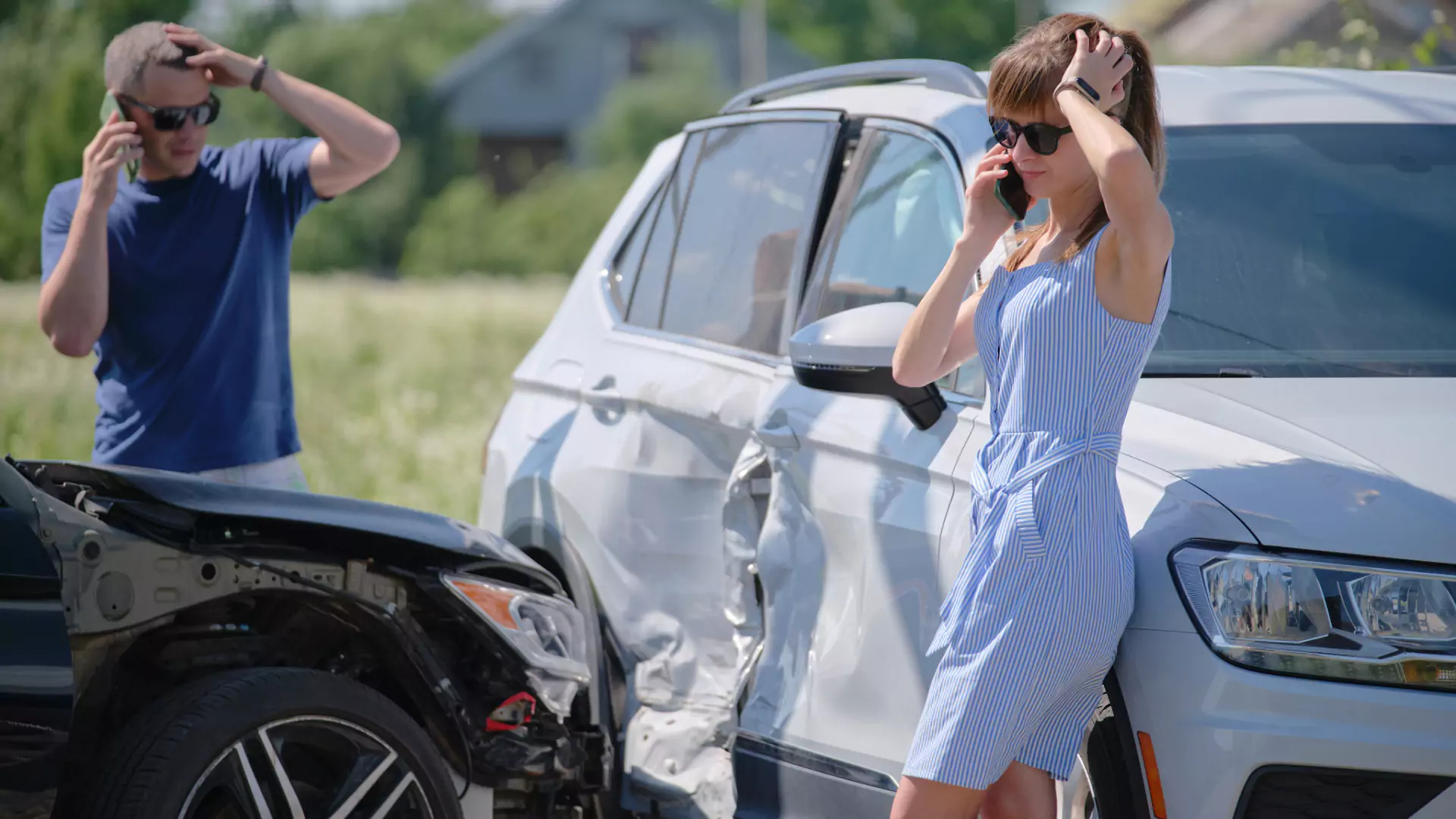
Automobile Accidents: the 8 Most Urgent Things to Do
Automobile accidents can happen in the blink of an eye, leaving victims with a mix of emotions, physical injuries, and a flurry of questions about what comes next. In this article, we will explore the different aspects of automobile accidents, including their causes, common types of injuries, legal considerations, and essential steps to take following a collision. Whether you’ve recently experienced an accident or want to be prepared for the unexpected, this information will help you navigate the aftermath with confidence.
Understanding Automobile Accidents
Automobile accidents are traumatic events that involve collisions between vehicles, pedestrians, or fixed objects such as trees or barriers. These accidents can occur for a variety of reasons, including:
- Distracted Driving: Activities like texting, talking on the phone, or eating while driving divert attention from the road.
- Speeding: Excessive speed reduces reaction time and increases the severity of accidents.
- Impaired Driving: Alcohol, drugs, or other substances impair a driver’s judgment and coordination.
- Reckless Driving: Aggressive driving behaviors, such as tailgating and weaving through traffic, can lead to accidents.
- Weather Conditions: Rain, snow, ice, and fog can create hazardous driving conditions.
- Fatigue: Drowsy driving can impair reaction time and decision-making.
Common Types of Automobile Accident Injuries
Automobile accidents can result in a wide range of injuries, from minor cuts and bruises to severe, life-altering conditions. Common injuries include:
- Whiplash: A sudden impact can cause whiplash, resulting in neck pain, stiffness, and reduced mobility.
- Fractures: Collisions can lead to broken bones in various parts of the body.
- Head Injuries: Traumatic brain injuries (TBIs) and concussions can occur if the head strikes an object or experiences sudden deceleration.
- Back Injuries: Spinal cord injuries, herniated discs, and other back-related injuries can result from the force of impact.
- Soft Tissue Injuries: Damage to muscles, tendons, and ligaments can cause pain, swelling, and reduced range of motion.
- Internal Injuries: Organ damage, internal bleeding, and pneumothorax (collapsed lung) can occur in more severe accidents.
Legal Considerations After an Automobile Accident
When involved in an automobile accident, it’s crucial to understand your legal rights and responsibilities:
- Reporting the Accident: In many jurisdictions, you are legally obligated to report the accident to the police. This report can serve as a crucial piece of evidence later.
- Seeking Medical Attention: It’s essential to seek medical attention immediately, even if you believe your injuries are minor. Some injuries may not show symptoms until hours or days after the accident.
- Collecting Evidence: If it is safe to do so, gather evidence at the scene, including photographs of the vehicles, road conditions, and the accident location. Collect contact information from witnesses.
- Contacting Insurance: Notify your insurance company about the accident as soon as possible, providing accurate information about the incident.
- Legal Representation: If the accident resulted from someone else’s negligence, you may be entitled to compensation for medical bills, property damage, and pain and suffering. Consult an experienced personal injury attorney to understand your legal options.
Steps to Take After an Automobile Accident
In the immediate aftermath of an automobile accident, it’s important to remain calm and take specific steps to protect your well-being and legal rights:
- Check for Injuries: First, check yourself and others for injuries. If anyone is seriously hurt, call 911 immediately.
- Move to Safety: If it is safe to do so, move your vehicle to the side of the road to prevent further accidents.
- Call the Police: Report the accident to the police, even if it seems minor. A police report can be valuable for insurance claims and legal proceedings.
- Exchange Information: Exchange contact and insurance information with the other driver(s) involved. Gather witness information if possible.
- Document the Scene: Take photographs of the accident scene, including vehicle damage, road conditions, and any relevant signs or signals.
- Seek Medical Attention: Even if you don’t feel injured, it’s essential to undergo a medical evaluation. Some injuries may not manifest immediately.
- Contact Your Insurance Company: Notify your insurance company about the accident as soon as possible and provide an accurate account of the incident.
- Consult an Attorney: If you believe the accident resulted from another party’s negligence or if you encounter legal complications, consult a qualified personal injury attorney for guidance.
Disclaimer
The information provided in this article is for informational purposes only and should not be considered legal or medical advice. It is essential to consult with qualified professionals, including attorneys and healthcare providers, for diagnosis, treatment, legal advice, and personalized guidance related to automobile accidents. The author and publisher of this article are not responsible for any actions taken based on the information provided herein. Each automobile accident is unique, and the outcome may vary based on individual circumstances and legal factors.




